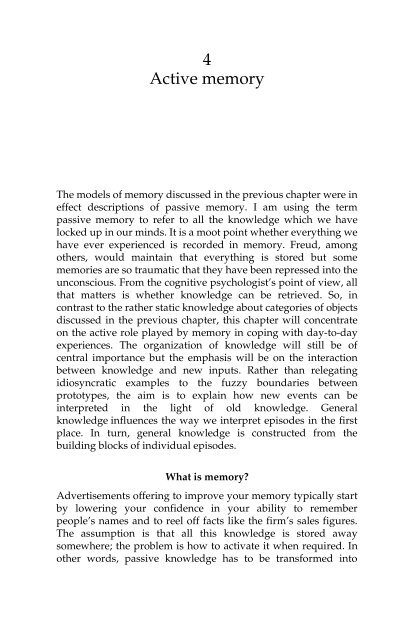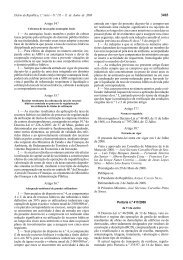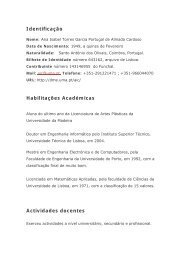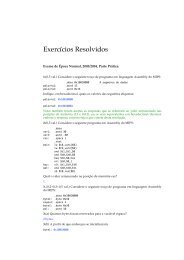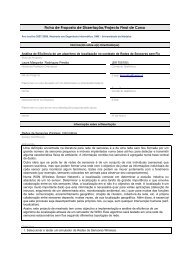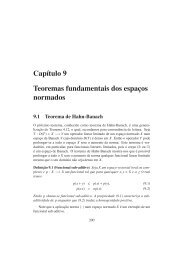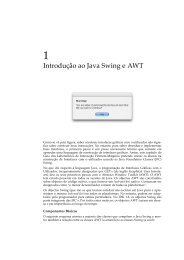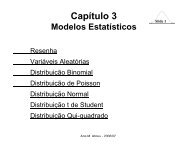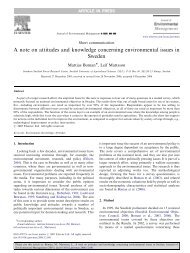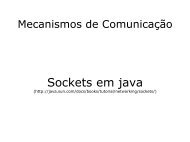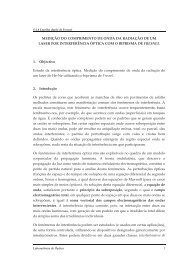Memory, thinking and language.pdf
Memory, thinking and language.pdf
Memory, thinking and language.pdf
You also want an ePaper? Increase the reach of your titles
YUMPU automatically turns print PDFs into web optimized ePapers that Google loves.
4<br />
Active memory<br />
The models of memory discussed in the previous chapter were in<br />
effect descriptions of passive memory. I am using the term<br />
passive memory to refer to all the knowledge which we have<br />
locked up in our minds. It is a moot point whether everything we<br />
have ever experienced is recorded in memory. Freud, among<br />
others, would maintain that everything is stored but some<br />
memories are so traumatic that they have been repressed into the<br />
unconscious. From the cognitive psychologist’s point of view, all<br />
that matters is whether knowledge can be retrieved. So, in<br />
contrast to the rather static knowledge about categories of objects<br />
discussed in the previous chapter, this chapter will concentrate<br />
on the active role played by memory in coping with day-to-day<br />
experiences. The organization of knowledge will still be of<br />
central importance but the emphasis will be on the interaction<br />
between knowledge <strong>and</strong> new inputs. Rather than relegating<br />
idiosyncratic examples to the fuzzy boundaries between<br />
prototypes, the aim is to explain how new events can be<br />
interpreted in the light of old knowledge. General<br />
knowledge influences the way we interpret episodes in the first<br />
place. In turn, general knowledge is constructed from the<br />
building blocks of individual episodes.<br />
What is memory<br />
Advertisements offering to improve your memory typically start<br />
by lowering your confidence in your ability to remember<br />
people’s names <strong>and</strong> to reel off facts like the firm’s sales figures.<br />
The assumption is that all this knowledge is stored away<br />
somewhere; the problem is how to activate it when required. In<br />
other words, passive knowledge has to be transformed into


